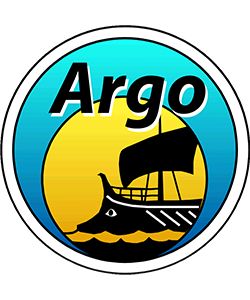Starting in 2015, an increased number of Sea-Bird conductivity cells used on Argo floats have drifted salty (https://argo.ucsd.edu/data/data-faq/#sbepsal). The fraction of “salty drifters” has been correlated with particular CTD batches, with some percentages being greater than 50% by the end of their second year after deployment. Sea-Bird Scientific has implemented a manufacturing change at the end of 2018, and has issued a recall in 2021 on one of the more recent batches of affected CTDs (https://argo.ucsd.edu/sea-bird-sbe41cp-and-sbe61-ctd-quality-concern/). Since the manufacturing change in 2018, the number of new Sea-Bird conductivity cells drifting salty within the first year after deployment has decreased, and the Argo community is cautiously optimistic that the situation is improving.
Despite the recall in 2021, the current Argo array still includes many affected Sea-Bird CTDs that were deployed prior to the recall alert. These potential salty drifting floats are actively monitored. Once sensor drift is detected, the salinity data from the offending floats will be flagged by the Argo QC processes in real-time, and adjusted in delayed-mode. In the Argo profile files, the raw (original) salinity values PSAL are flagged with a quality control flag of ‘3’ or ‘4’ if sensor drift is present. The delayed-mode adjusted values are recorded in PSAL_ADJUSTED. Please note that delayed-mode adjusted values may not be available until about 1 year after a profile is collected.
This notice is to alert Argo data users that if the affected raw salinity data are not excluded from their data analyses, then their analyses may be biased salty. We encourage all Argo data users and Argo data producers to frequently sync their data holdings with the Argo GDACs to obtain the most up-to-date quality control flags and salinity adjustments and errors. In particular, Argo delayed-mode adjusted values, when available, should be used in scientific analyses. For more information, please email the Argo Program Office at argo@ucsd.edu.
